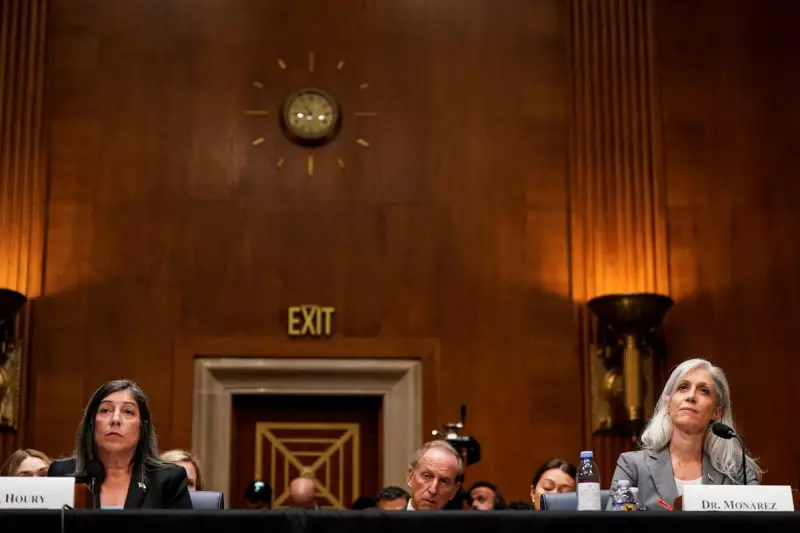
In a fiery session that captivated Washington, Robert F. Kennedy Jr presided over a Senate hearing that saw a Centers for Disease Control and Prevention (CDC) official face intense scrutiny over damning whistleblower allegations.
The hearing, held by the Senate committee on administrative state and regulatory reform, featured Dr Susan Monarez, a deputy director at the CDC's National Center for Injury Prevention and Control, being questioned about claims of systemic data manipulation and a pervasive 'culture of fear' within the agency.
Explosive Whistleblower Testimony
At the heart of the hearing were allegations from four anonymous whistleblowers, whose testimonies were presented by Kennedy. They claimed the CDC engaged in the deliberate 'weaponisation of data science', manipulating statistics to align with predetermined policy outcomes, particularly concerning vaccine safety.
One particularly shocking claim alleged that the agency 'ran roughshod over the scientific process', prioritising political narratives over rigorous scientific integrity.
A Culture of Fear and Suppression
Kennedy, a longtime critic of the CDC and vaccine policies, alleged the existence of a 'blacklist' used to discredit scientists who dared to present findings contradicting the official line. The whistleblowers described an environment where staff were 'bullied and intimidated' into suppressing safety signals related to vaccines.
Dr Monarez, in her defence, firmly denied the existence of any such blacklist. She acknowledged the challenges of the COVID-19 pandemic but maintained the CDC's commitment to 'following the data and the science'.
The Political Firestorm
The hearing quickly escalated into a partisan battleground. Democratic senators largely defended the CDC and its public health officials, framing the investigation as a 'witch-hunt' that could erode public trust in vital health institutions.
Republicans, however, seized on the allegations as evidence of a deep-seated need for transparency and reform within the powerful federal agency. The clash underscores the intensely politicised landscape surrounding public health in the post-pandemic era.
This dramatic confrontation signals a significant escalation in the ongoing debate over governmental transparency, scientific integrity, and the powerful legacy of the pandemic's policy decisions.





